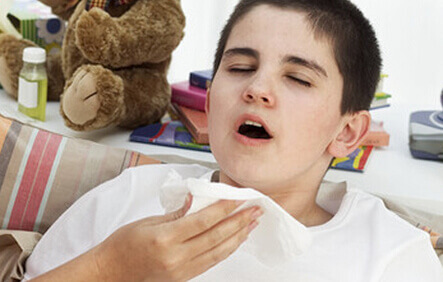
Whooping cough is a very common respiratory condition that affects many people
It is known as whooping cough, but in fact, it is not actually a form of cough at all.
Coughing can be described as a cough that has the characteristic sound of a cough, without actually making a physical movement. This condition is typically caused by an infection in the upper respiratory tract such as the common cold, or strep throat. However, in some cases, the cause may not be recognized and it becomes hard to diagnose whooping cough.
Whooping cough is caused by an illness which causes the passage of airways to become blocked. The affected individual may experience symptoms including the following: wheezing, shortness of breath, coughing, rapid breathing, and a discharge from the nose or throat. In some cases, whooping cough may cause a fever, vomiting, abdominal pain and a loss of appetite. Other complications of this condition may include pneumonia, brain damage, pneumonia and even death.
Whooping cough may be diagnosed using several different tests. A doctor will perform a physical examination to rule out other conditions that may be causing the symptoms. These tests may include blood tests, nasal test, a throat culture and x-rays. A doctor may also conduct a chest x-ray and a bronchial fluid test to confirm the diagnosis.
Whooping cough is usually treated with antibiotics or antihistamines, or a combination of the two. These medications are usually taken in the form of drops, pill or liquid. The dosage will depend on the severity of the condition and the amount of bacteria that has been identified in the throat or lungs.
Whooping cough is one of the easiest forms of chronic disease to treat, however, it is not a curable condition. It will usually clear up on its own without treatment. However, if the condition becomes chronic or is left untreated, you may need to see your doctor for a more serious case of the disease. This is where your doctor will prescribe medications which include immunizations and antibiotics. to treat the infection and to help reduce the occurrence of future episodes of the condition.
Some cases of the condition are so serious that they may need to be treated with surgery. Your doctor can determine what procedure to use and when it will be done depending on the seriousness of the infection.
Coughs may recur and can be quite a problem for many children and adults. If caught early, whooping cough can be easily and safely cured.
Coughs can become quite a nuisance if not properly managed. A cough coming from an allergy, cold, or virus may seem to be a harmless one. However, a cough coming from the respiratory system that is recurring or has caused a full blown outbreak can cause much discomfort and can even cause life-threatening complications if not treated properly.
Whooping cough can cause many complications that require immediate medical attention. The symptoms may appear suddenly and last for many hours or may begin to clear up only to start back up again. A cough coming from a respiratory infection may also cause symptoms such as coughing up blood, difficulty breathing, and difficulty swallowing. You may find yourself feeling light headed and dizzy and nauseous after a coughing episode.
In very severe cases, children or adults who have had the condition before may suffer from pneumonia. They may develop pneumonia in an infant or in adults who have never had the condition.
The coughing itself may result in breathing difficulties or pneumonia. It can even cause the lungs to get inflamed and irritated.
Whooping cough is a common condition that can be treated and can be easily prevented by using simple measures. A doctor can check for the condition in children and adults, but can also offer information about prevention and treatments for adults.